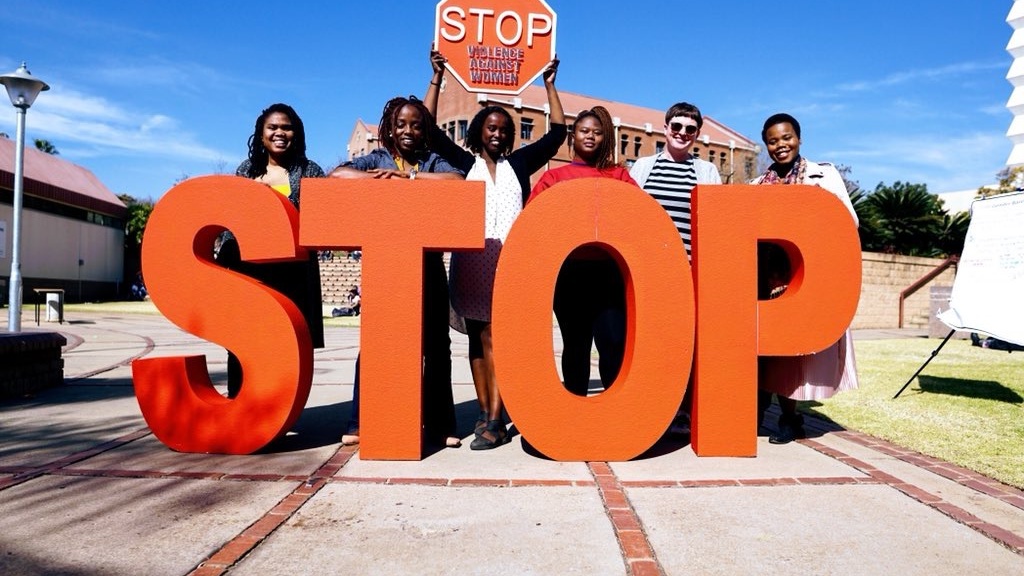Africa-Press – Botswana. In recent years, Botswana has made significant shifts, which warrant a discussion on the development of a sexual offences legislation. As a starting point, the law, should serve those who it governs in the present moment. It is not intended to be a historical relic we keep in remembrance of those who enacted it. We are not to keep it as an heirloom to show our children.
But we are to make it relevant for the present context, and actually applicable in the present day. We should not have laws about which we say, “well, it has not been applied in many years, so it is outdated and there is therefore no reason to amend the law to remove it.” The law as it is today, should understand the realities of Batswana, and should serve them, anticipating the future. I heard it once said that we do not inherit the earth from our ancestors, but that we borrow it from the generations to come. Now granted, the context of the saying was about caring for the earth in ways that will ensure that it is not only habitable for future generations; but also that we will, in our time, commit to the protection of all things that are endangered. But I think it applies to the law as well and can therefore be accordingly extended to the same.
There is a great foundational shift in the ways that Batswana as a society understand the law, and specifically, the ways in which we understand the need to protect women, girls and all marginalised communities within our society. There is very clearly a need for specific and urgent protection. This is evidenced by the decision to enact the Sex Offenders Registry. Of course, as has been noted from the responses from individuals and non-governmental organisations on the Bill, there are great improvements that are to be made to it, for the Bill to be effective and actually have an impact.
The 2019 decision by the judiciary to decriminalise same-sex intimacy is a reflection on the society, that we are visibly more accepting of diversity and that we acknowledge that it adds to the rich fabric of our society. What it also does, is that in specifically decriminalising certain provisions in the Penal Code, which directly impact the ways in which homosexual persons express themselves intimately, what the decriminalisation also does is that is specifically recognises nonconsensual in a same-sex context, criminal. It brings same-sex violence rape.
The ongoing deliberations on the amendment of the Criminal Procedure and Evidence Act (CP&E) specifically looking at the processes followed in sexual violence cases, is another indication that the legislation is no longer interested in discriminating against women; and that the interest in now moving towards actual justice.
Recently, the Minister of Defence, Justice and Security proposed a Bill for the amendment of the Penal Code. The considerations in the Bill were directly relating to stricter punishment for sex offenders, and to ensure that victims and survivors of sexual violence actually have justice following the prosecution of the perpetrator.
Of course, there are parts of the Bill which need to be reconsidered before it is published, or even presented for development into legislation, however at the heart of the two most pressing issues, there is a clear desire to uphold consent laws in accordance with the Penal Code.
Now, specifically revisiting the provisions on “rape” in the Penal Code, they do not preclude married women nor persons who are violated of a person of the same sex, from reporting a matter which would be tried in Court, with the hopes that the survivor would be protected. Instead, it speaks broadly about insertion into an orifice and the attempts thereto, without consent.
The Penal Code goes further to excellently define consent. However there is a need for it to specifically address certain communities which need very direct protection. One of the things we have learnt in the “Covid season” is that sexual violence in homes is quite prevalent. As a result, there is need to protect women who, in their homes, are abused. This protection needs to go beyond the Domestic Violence Act which, to a great extent, minimises abuse which happens in domestic set ups. It would remove the stigma attached to reporting one’s own marital partner for such a crime as rape.
There are other acts which are criminalised by the Penal Code, which a sexual offences legislation can take the opportunity to nullify and amend, including laws used to criminalise sex-work. It would also be an opportunity for the law to criminalise sexual violence against persons living with mental, psychological, or developmental health challenge, without calling the condition they live with, a derogatory and indignifying name. it could also vilify sexual harassment in the workplace, without minimising the crime.
Sexual offences legislation would effectively form the basis on which the criminal justice system operates related to sexual offences. It would be a tool which enables women to claim protection from the law. It would establish a raft of new criminal offences, of course, including as mentioned above, those involving familial sexual abuse. It would re-enact the many offences which already exist although not in one place as it were, including the abuse of a position of trust towards a child.
The reality is that when many things are happening in small pockets in different places, they are fragmented, and the effect can easily be lost, in that way, rendering them impactless. Consolidation works to strengthen them, harmonise them and ensure that they are in one accord, but also empowers them much more, as a wholistic consideration. For this reason, a sexual offences legislation is worth being considered.






